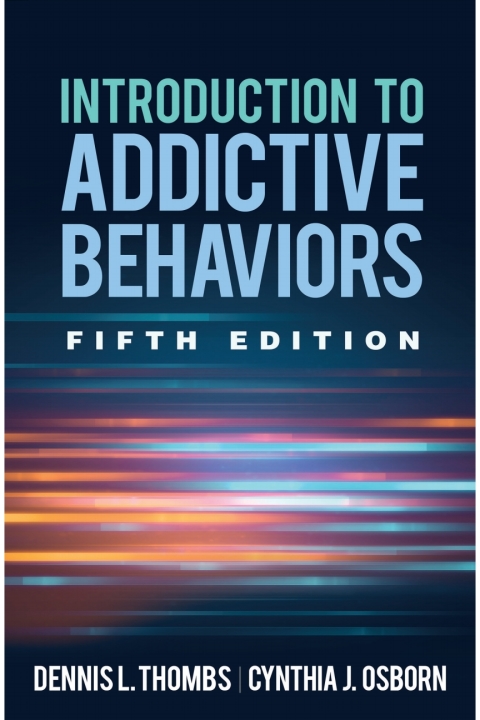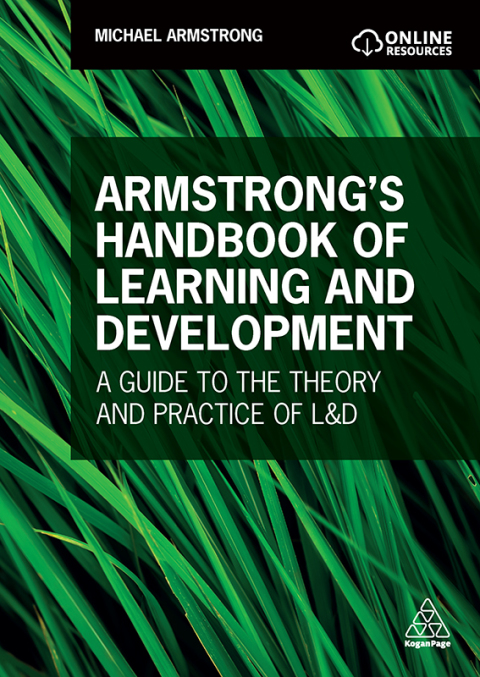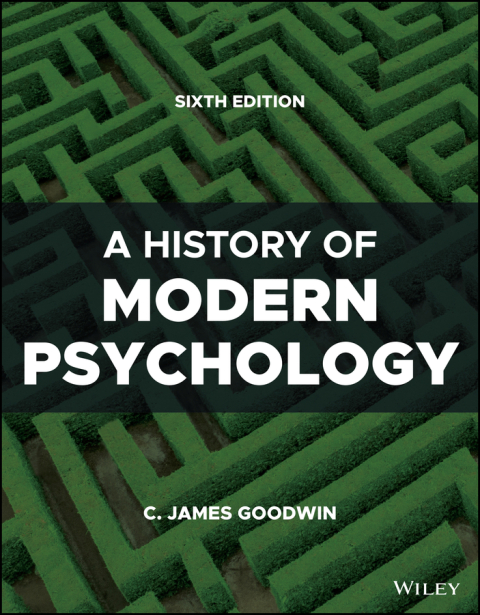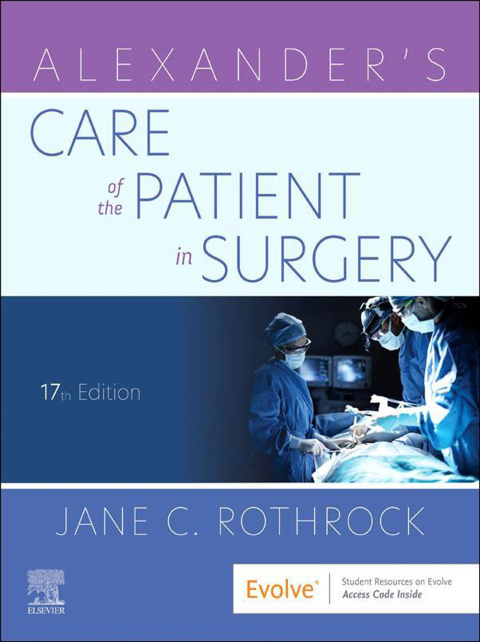Description
Efnisyfirlit
- Half Title Page
- Title Page
- Copyright
- About the Authors
- Preface
- Acknowledgments
- Contents
- 1. Conceptualization of Addictive Behavior and the Need for Informed Practice
- What Exactly Is a Theory?
- Attributes and Functions of a Good Theory
- Theory as a Road Map
- Conceptions of Addiction in U.S. History
- Then and Now: Three Broad Perspectives on the Nature of Addiction
- Evidence in Support of Prevention and Treatment
- Chapter Summary
- 2. The Disease Models
- Different Disease Conceptions
- Tolerance and Withdrawal
- Genetic Origins of Addiction: The Susceptibility Model
- Effects of Drugs on Brain Structure and Function: The Exposure Model
- Historical Disease Concepts
- Chapter Summary
- 3. Public Health and Prevention Approaches
- What Is Public Health?
- Healthy People 2020: The National Health Priorities on Tobacco, Alcohol, and Drug Use
- Public Health Surveillance of Substance Abuse
- Age of Onset and the Gateway Hypothesis
- Types of Prevention Programs and Strategies
- Community Coalition Building
- Results from Community Intervention Trials
- The Participatory Research Approach
- The Community Mobilization Approach
- Chapter Summary
- 4. Understanding the Co-Occurrence of Substance Use and Psychiatric Conditions
- The Epidemiology of Comorbidity in the United States
- Explanatory Models
- Integrated Treatment for Dual Diagnosis
- Chapter Summary
- 5. Psychoanalytic Formulations
- Psychoanalysis: A Type of Psychotherapy
- Personality Structure
- Anxiety, Defense Mechanisms, and the Unconscious
- Insights into Compulsive Substance Use
- Stages of Recovery from Addiction
- Chapter Summary
- 6. Conditioning Models and Approaches to Contingency Management
- Aims of Behaviorism
- Conditioned Behavior
- Initiation of Alcohol and Drug Abuse
- Addiction
- Relationship between Addiction and Physical Dependence
- Cessation and Relapse
- Delay Discounting
- Basic Principles of Contingency Management
- Applications of Contingency Management
- Chapter Summary
- 7. Cognitive Models
- Fundamental Social-Cognitive Concepts
- Modeling and Substance Use
- Self-Efficacy and Treatment Outcomes
- Role of Outcome Expectancy in Alcohol and Drug Use
- Tiffany’s Model of Drug Cravings
- Cognitive Dynamics of Relapse
- Chapter Summary
- 8. The Family System
- Family System Principles
- Genetic and Environmental Influences
- Three Family Treatment Models in Addictions
- Family-Based Approaches to Addiction Treatment
- O’Connor Family Case Functional Analysis
- Chapter Summary
- 9. Social and Cultural Foundations
- Professional Nomenclature
- Diagnosis as Social and Cultural Control
- The Social and Cultural Control of the Addiction Treatment Industry
- Stigmatizing Addiction
- Sociocultural Functions of Substance Use and Misuse
- The Upstream Socioeconomic Determinants of the Opioid Epidemic
- Deaths of Despair in a Postindustrial Economy
- Practicing from a Social and Cultural Foundation
- Chapter Summary
- 10. The Controversial Science of Behavioral Addiction
- DSM Nomenclature and Diagnostic Criteria for Addiction
- Management of Negative Publicity by Public Figures
- Popular Claims and the Research Evidence
- Chapter Summary
- 11. Promoting Motivation and Autonomy for Personal Change
- Theories of Motivation
- What Is Motivation?
- Transtheoretical Model of Change
- Motivational Interviewing
- Self-Determination Theory
- Integrating the TTM, MI, and SDT
- Harm-Reduction Approaches
- Mindfulness-Based Approaches
- 12-Step Facilitation
- Chapter Summary
- 12. Linking Theory, Evidence, and Practice
- Standards of Evidence
- The Relationship between Theory, Evidence, and Practice
- Chapter Summary
- References
- Author Index
- Subject Index






